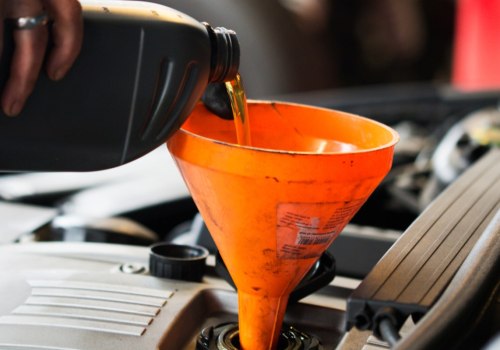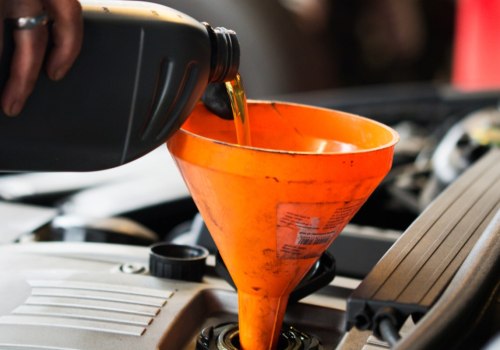Proper mechanical maintenance is essential to identify problems and keep the engine running as it should. Every month, or every few refuels of gas and especially before any long road trip, it's a good idea to get under the hood of your car and inspect the oil and coolant levels while the engine is cold. Low levels of either can cause engine problems if left unchecked. Consult the owner's manual to find both in your specific vehicle.
The engine air filter is what regulates the air that flows into the engine and helps keep debris and particles out. By ensuring that the air filter flows properly, you can improve fuel efficiency, reduce emissions, and help ensure engine life. This can be easily done at home, so refer to your owner's manual for instructions and how often you should change it. Tyre pressure, engine oil, and brake oil checks are examples of daily maintenance checks.
Changing engine oil, filter and brake pads is performed as often as recommended by the car manufacturer. Let's look at 10 maintenance services you should have performed at least every year. When you need to change the oil in your car depends on the type of oil you use. If your car uses conventional engine oil, you'll likely change it every 3,000 miles or every 3 months.
If your car has synthetic oil, you should probably change it every 5,000 to 10,000 miles or between 6 and 12 months. Consult your owner's manual or contact your dealer if you are unsure what type of oil is recommended for your specific vehicle. It is recommended to rotate tires every 5,000 to 8,000 miles. The professionals at the Toyota Service Center are experts in maintenance, and tire rotation is just one of the many services they can offer you.
Between work, family events, and dozens of other obligations people have, basic car maintenance can get in the way. And of course, it's important to remember that car maintenance costs, while not always cheap, can help you avoid costly repairs in the future. The condition of the interior of the car does not determine or affect its performance by chance, but it does determine and affect how pleasant or prolonged your stay in the car will be. Sticking to a car maintenance program and keeping a good record of what you've done can help extend the life of your vehicle and protect it from breakdowns, costly repairs, and other unwanted surprises.
Driving your car around town on different terrains can often mean that the car has small marks and scratches everywhere due to a not-so-great driving style of yourself or other road users. Driving in the city tends to be more difficult in cars than on the road, and many of the elements in your car are designed to wear out, so you should be aware of these consumable parts. Not only that, but maintaining a detailed vehicle maintenance history can also help improve the resale value of your car. It is widely known that having a car that looks clean, well-maintained and new has a positive psychological effect on the car owner.
Remember that basic car maintenance can save you a lot of money and maintain the value of your car in the long term. Proper car maintenance has many rewarding advantages that don't have to do with getting from point A to point B. Consult your vehicle's owner's manual and find out when recommended car maintenance services should be scheduled. Timing Belt Cars that use a timing belt instead of a timing chain need to worry about this little maintenance.
Basic car maintenance typically involves overhauling or replacing parts such as spark plugs, cables, fluids, and serpentine belts. Preventive maintenance not only keeps cars in top shape for optimal performance, but it also saves you a lot of money by avoiding total damage.






